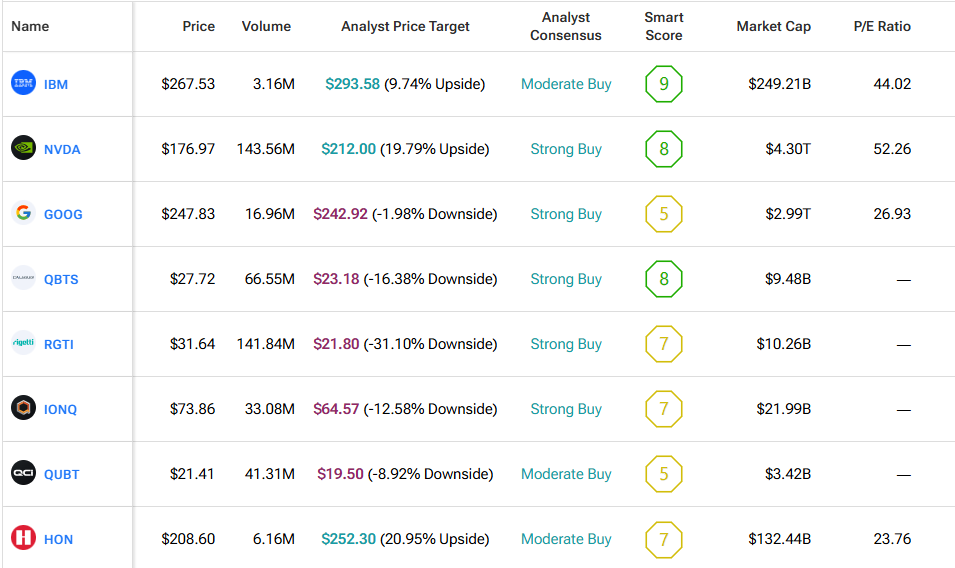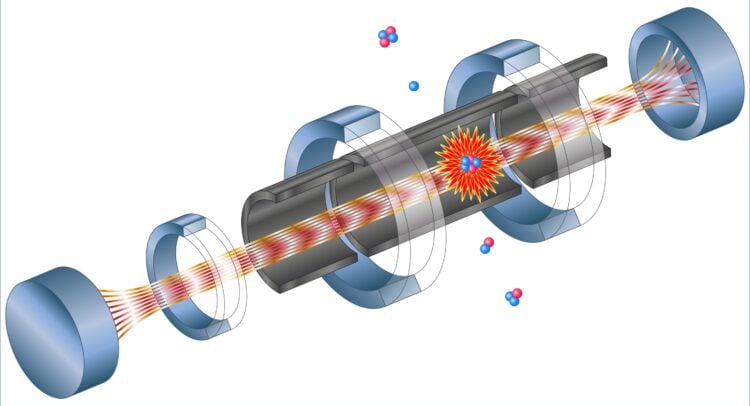Diraq, a startup from the University of New South Wales, and European research group Imec have shown that silicon quantum chips can be made with the same methods used to build standard computer chips. The results were reported in Nature this week. The team reported that the devices achieved over 99% accuracy in two-qubit gate operations, which are key building blocks of quantum computing. They also reached over 99.9% accuracy for state preparation and measurement.
Elevate Your Investing Strategy:
- Take advantage of TipRanks Premium at 50% off! Unlock powerful investing tools, advanced data, and expert analyst insights to help you invest with confidence.
The chips were produced on Imec’s 300mm silicon platform, which is the same technology used in global chip manufacturing. By using an isotopically enriched silicon layer, the teams reduced noise that often limits performance. They tested multiple chips and reported that the results were consistent. This shows that high accuracy is possible not only in a lab but also in a real production setting.
Path to Commercial Scale
The findings matter because they address the long-standing concern of whether quantum devices can keep their precision when made in volume. According to Diraq founder and CEO Andrew Dzurak, the result proves that quantum chips can be built with existing semiconductor tools. That could create a cost pathway to systems with millions of qubits.
The company is part of a U.S. Defense Advanced Research Projects Agency effort that asks 18 firms to show utility-scale quantum computing by 2033. Utility scale is defined as the point where quantum systems deliver more value than they cost to run. Diraq now joins other players in the race to get there, including Quantum Motion in the UK, which recently shipped a system to the UK National Quantum Computing Centre.
Silicon-based quantum technology is viewed as an alternative to superconducting or trapped-ion systems pursued by companies such as International Business Machines (IBM), IonQ (IONQ), and Quantinuum, a Honeywell (HON) spinout. Because silicon methods align with the trillion-dollar chip industry, the approach could prove more scalable if accuracy levels continue to improve.
We used TipRanks’ Comparison Tool to line up some of the top quantum stocks. It’s an easy way to see how they compare and get a sense of where the space might be headed.

















